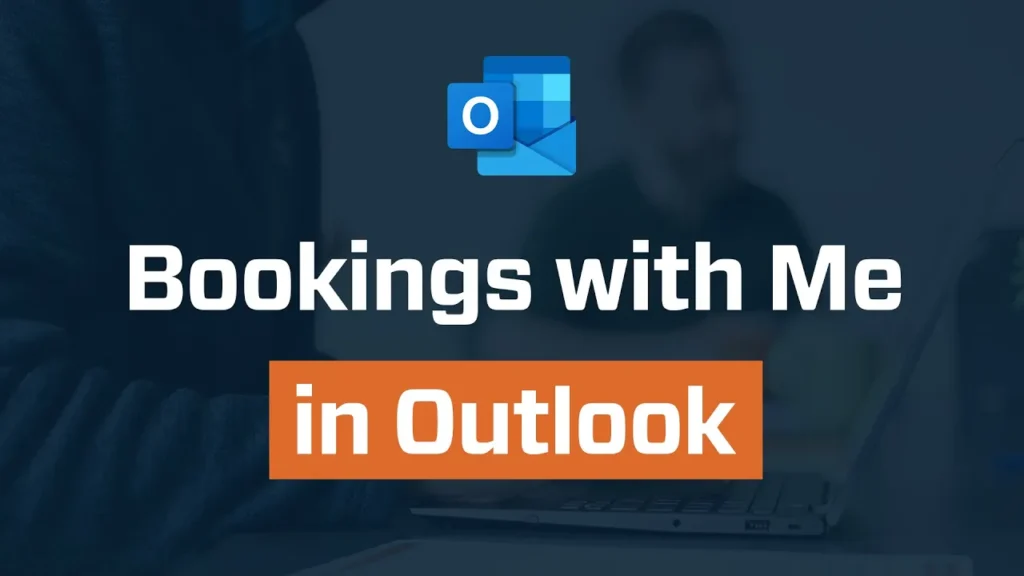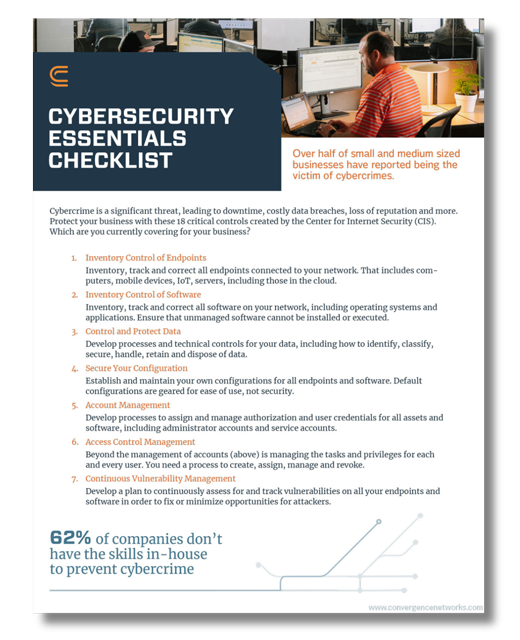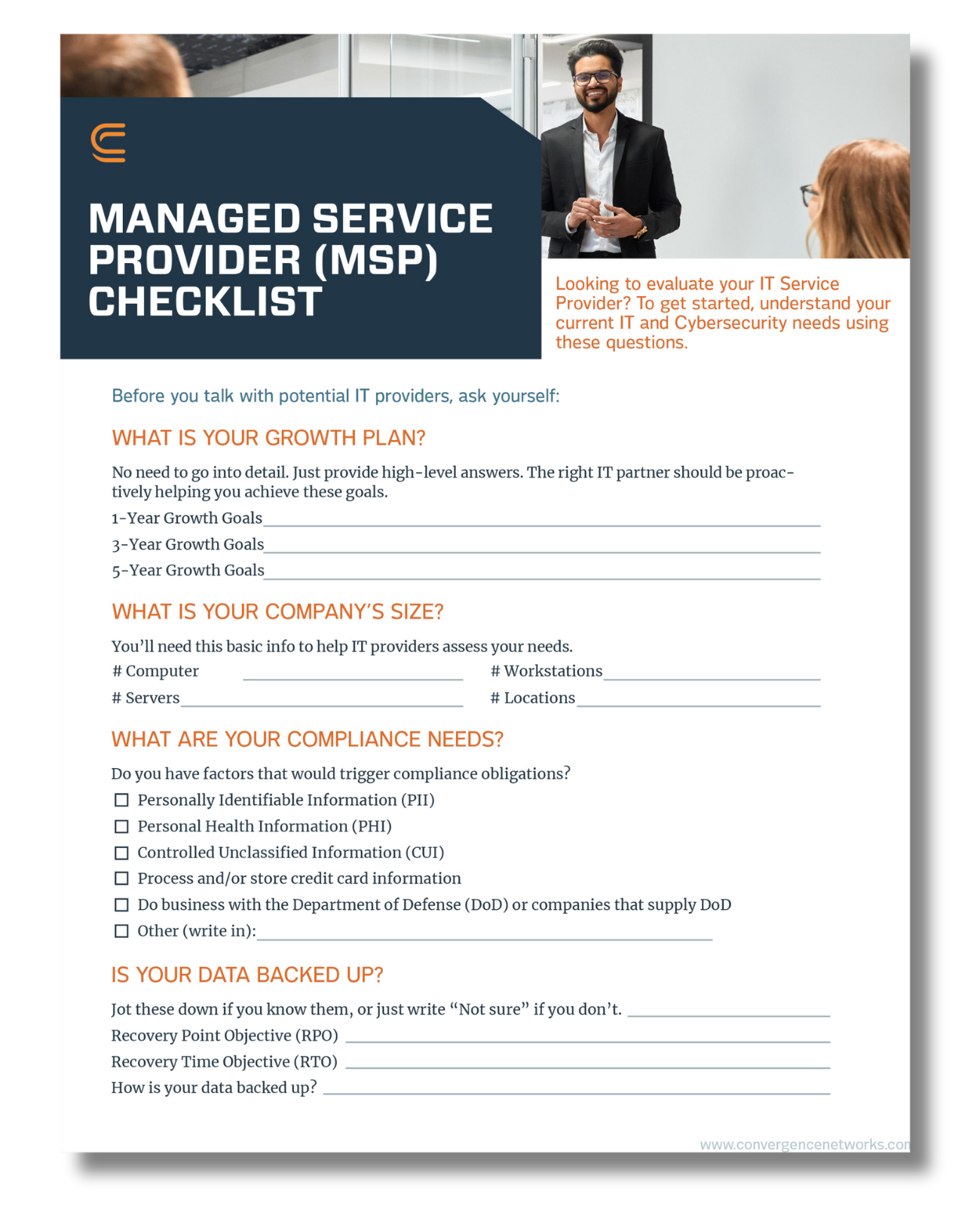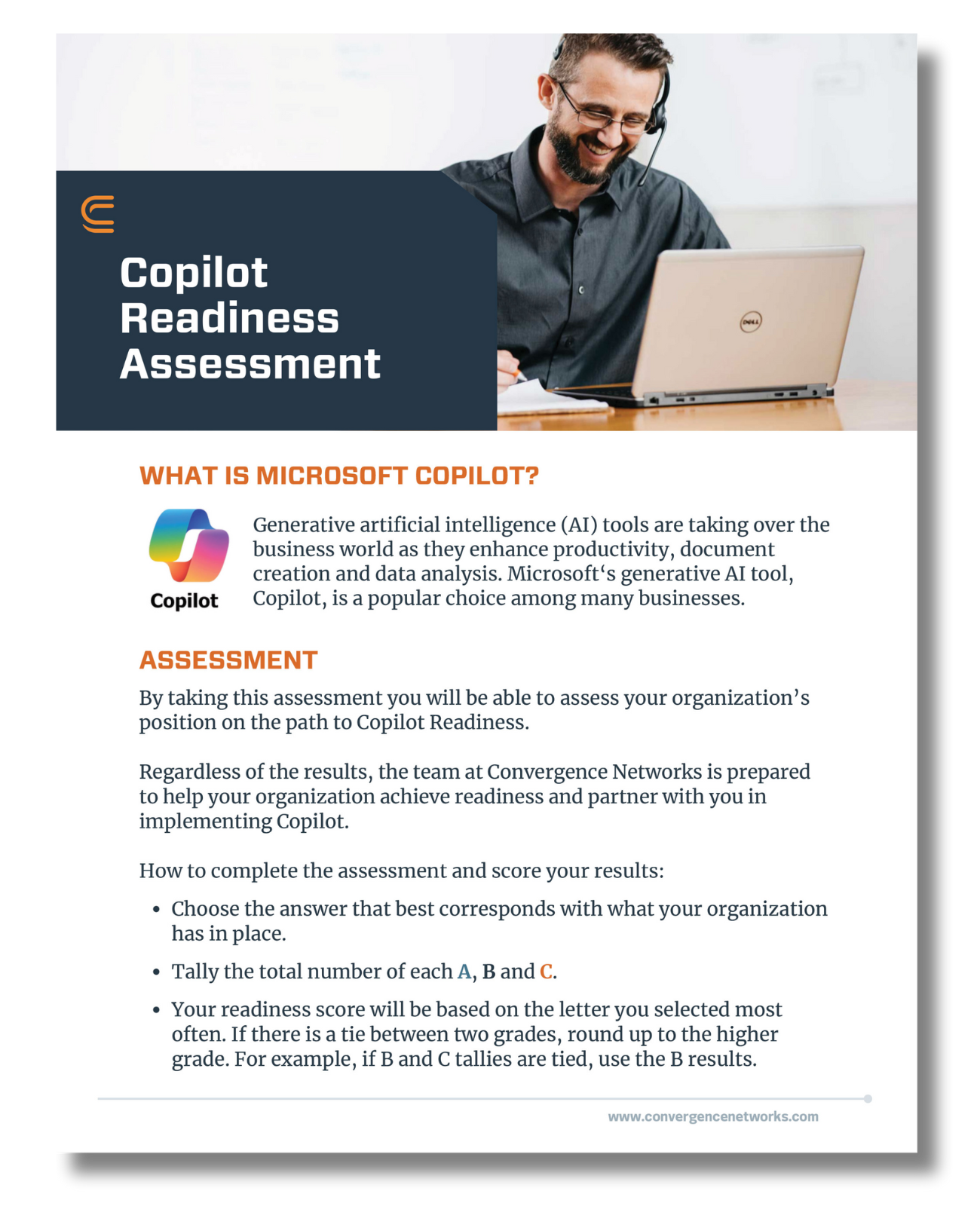AI tools are becoming part of everyday tasks. Employees use them to draft emails, summarize documents, brainstorm ideas, and analyze data. Across North America, usage is widespread and often unmonitored. Roughly 70% of employees rely on free, public AI tools at work, while only 42% use AI tools provided by their employer. This means many are introducing third-party platforms into daily work without formal training or approval. This rapid adoption, without structure or oversight, is leading to gaps in data privacy, regulatory compliance, and security.
When there is no policy or governance in place, AI usage becomes a business risk.
AI Use Is Growing Without Oversight
This widespread “bring your own AI” behaviour can lead to:
- Exposure of sensitive or confidential company data
- Use of tools with unclear or weak data privacy protections
- Unreliable results that impact decision-making
- Unexpected charges from usage-based AI platforms
Without a policy in place, organizations risk having business-critical data processed by tools they do not control.
Most Employees Are Unsure How to Use AI Safely
According to a recent survey, 77% of employees say they are lost on how to use AI in their roles. While 62% of the employers believe AI is being used to support research, workflow management (58%), and data analysis (55%), 63% of employees are actually using AI to double-check their work.
There is also a gap between perceived and actual readiness. While 72% of employers believe their staff are adequately trained, only 53% of employees agree. Nearly half of organizations have not rolled out AI because their data is not ready or is siloed. On top of that, 32% of employees say they need more training around data before AI tools can be truly effective.
This disconnect creates a situation where AI is present, but not properly governed, trained, or aligned with business needs.
Advanced AI Agents Add Complexity
The conversation is no longer just about AI chat assistants. Businesses are adopting advanced AI agents that perform specific tasks like research, analytics, and customer interactions.
In one real-world case, a law office deployed an AI receptionist that could handle incoming calls, make small talk, and respond to jokes naturally. These advanced tools show how far AI has come, but they also come with greater responsibility. When AI tools are deeply integrated into business processes, privacy concerns grow even more serious.
Without guardrails in place, these agents can become sources of risk instead of drivers of productivity.
What Every Business Should Do Right Now
To manage AI responsibly and reduce risk, organizations should:
- Create a clear AI usage policy that defines which tools are allowed and how they should be used
- Offer training to help employees understand what AI can and cannot do, and how to use it safely
- Review and approve AI tools before teams adopt them
- Prepare internal data so it is secure, accessible, and usable by AI systems
- Monitor usage trends to identify gaps, shadow tools, and unexpected risks
A defined approach ensures AI supports business goals without exposing the organization to unnecessary risk.
How Convergence Networks Supports Responsible AI Adoption
At Convergence Networks, we support businesses in adopting AI responsibly, with privacy and security at the core. Whether you’re exploring tools like Microsoft Copilot or looking to integrate AI agents into business operations, we help you define a clear roadmap, identify high-value use cases, and ensure data governance standards are in place. Our approach is rooted in practical implementation, so AI delivers real value without introducing unnecessary risk.














